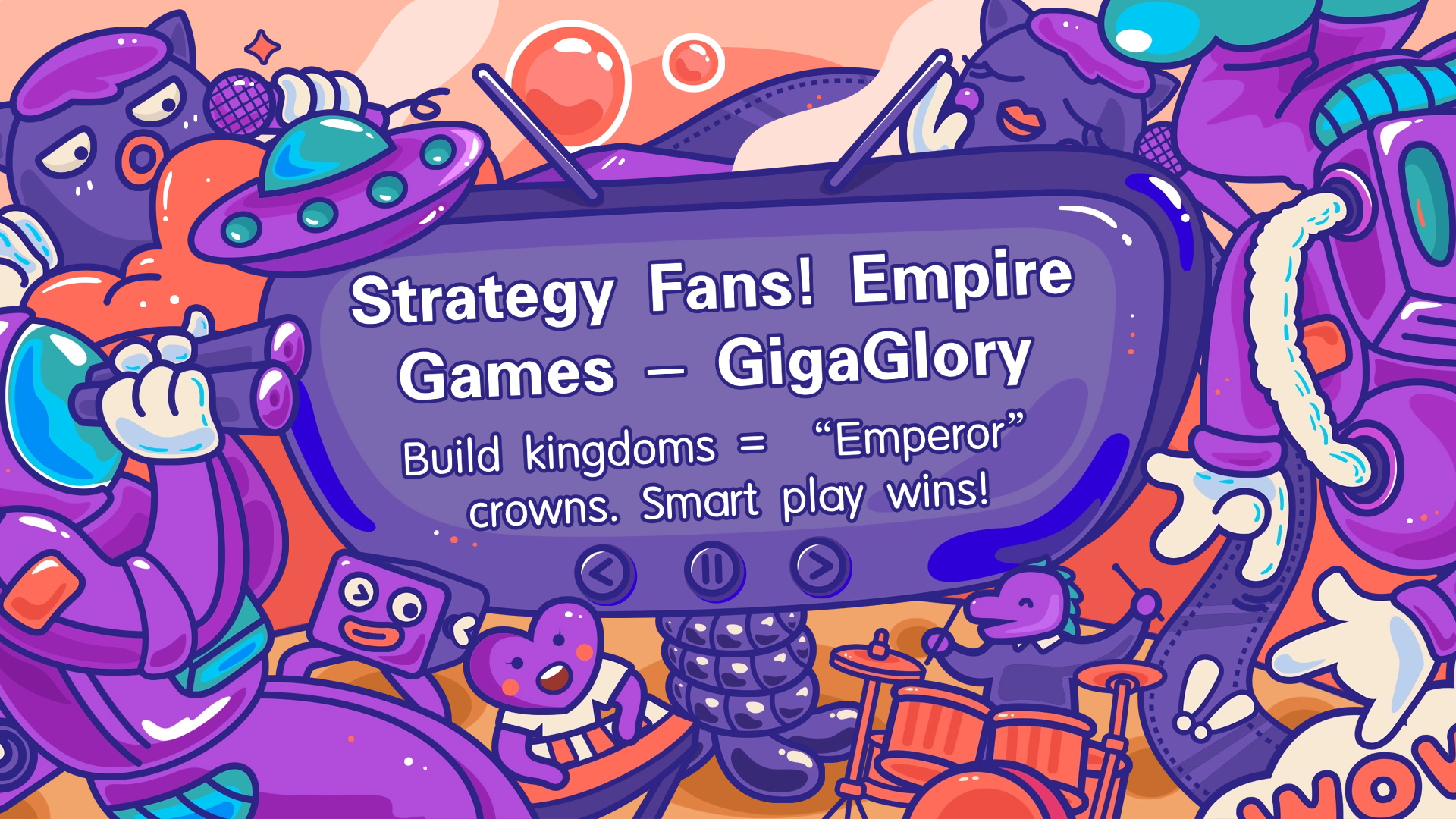Why Building Indie Games is Shaping the Future of Game Development
The world of game development is constantly evolving, and indie games have carved out a significant niche in this landscape. The unique aspects of building games indie-style are influencing the future in ways that traditional game development models can't match. In this article, we’ll explore the implications of indie game development, contrasting aspects like Clash of Clans vs Clash of Kings, and how even enthusiasts with limited hardware can participate in this growing phenomenon.
The Rise of Indie Games
- Accessibility of Development Tools
- Creative Freedom
- Diverse Game Genres
Indie games have surged in popularity, and why wouldn’t they? Developers now have access to affordable tools that make it easier than ever to create games. This surge has been greatly fueled by platforms like Unity and Unreal Engine, making it accessible to anyone with a passion for gaming. The ability to design games without the constraints of corporate oversight leads to unparalleled creativity.
Creative Freedom: A Double-Edged Sword
One of the most significant advantages of indie game development is the creative freedom that comes with it. Traditional developers often follow strict guidelines and market research, which can stifle innovation. Indie developers, on the other hand, are free to experiment with unconventional gameplay and narratives. However, this freedom comes with risks, as not all unique ideas resonate with players.
Clash of Clans vs Clash of Kings: The Indie Perspective
To illustrate the evolution of game types, we can compare popular mobile games Clash of Clans and Clash of Kings. Both games are primarily multiplayer strategy games, yet their approaches differ greatly. Clash of Clans focuses on building a community and collaboration, while Clash of Kings emphasizes competitive elements and warfare. Each has its strengths and weaknesses, showcasing how diverse strategies can create engaging gaming experiences.
| Feature | Clash of Clans | Clash of Kings |
|---|---|---|
| Gameplay Style | Community Building | Competitive Warfare |
| User Base | Collaborative Players | Strategic Players |
| Monetization Strategies | Microtransactions | In-game Purchases |
Lowering Barriers: Best Games for Potato Laptops
Another appealing aspect of indie games is that many are designed to run on low-spec systems. A "potato laptop" refers to low-performance laptops that struggle with high-demand games. The indie scene features numerous games optimized for such devices, making gaming more accessible. Here’s a quick list of some of the best games for these laptops:
- Stardew Valley
- Undertale
- FTL: Faster Than Light
- Celeste
- Super Hexagon
Transformative Impact on Game Development
The future of game development is being reshaped by the indie wave. Through innovation and dedication, indie developers prove that a small team can create monumental experiences. Not only are they challenging big studios, but they are also paving avenues for new genres, gameplay mechanics, and storylines. The popularity of titles that embrace diverse themes suggests an appetite for creativity that transcends conventional limits.
Market Trends: Embracing Indie Games
The market for indie games is burgeoning. Steam alone sees thousands of new titles yearly, indicating a growing acceptance of indie products. This shift toward smaller developers illustrates a trend that prioritizes unique experiences rather than just blockbuster marketing. Players crave authenticity, and indie games are fostering a community that thrives on connection and diversity.
Conclusion: The Indie Game Revolution
The indie game revolution is not merely a trend but a fundamental shift in the landscape of gaming. As we see creative independence flourish alongside accessibility for diverse audiences, it’s clear that building indie games will continue to shape the future of game development. Through unique narratives and dynamic gameplay, indie developers are paving the way for the next generation of gamers.
In summary, indie games exemplify the heart of gaming: creativity, community, and fun. Whether you're a seasoned developer or just starting, it’s the indie approach that is leading the charge into a more innovative and exciting future for games.



